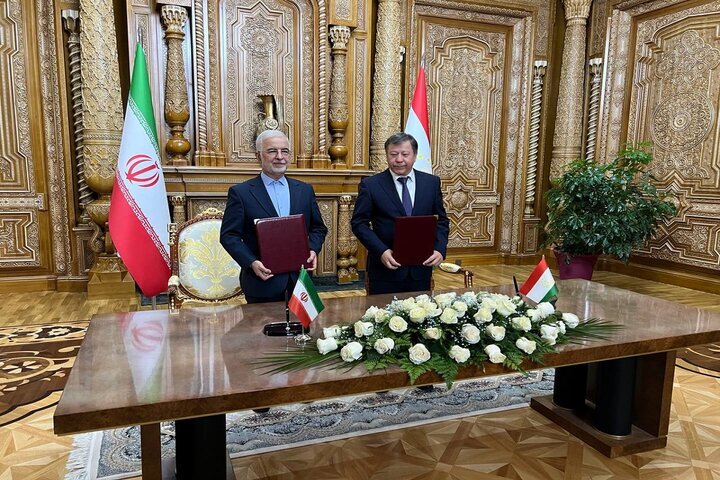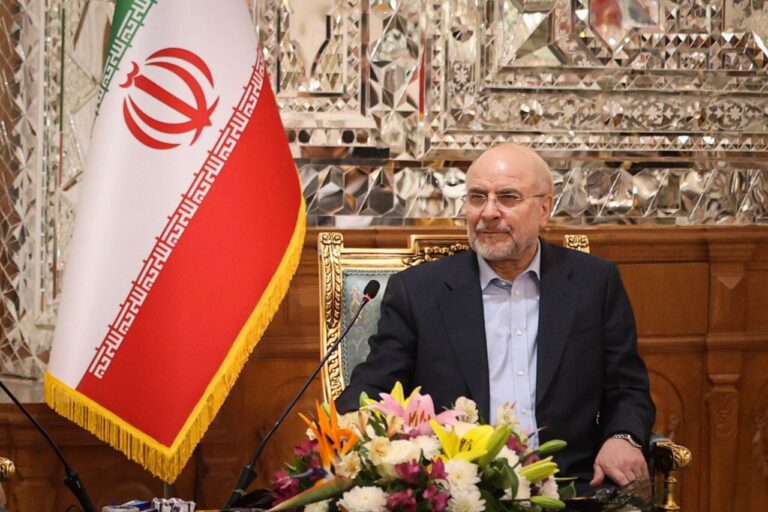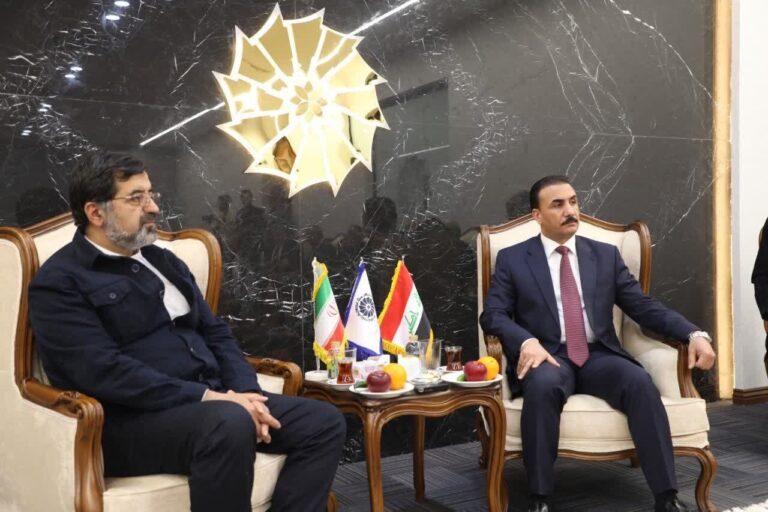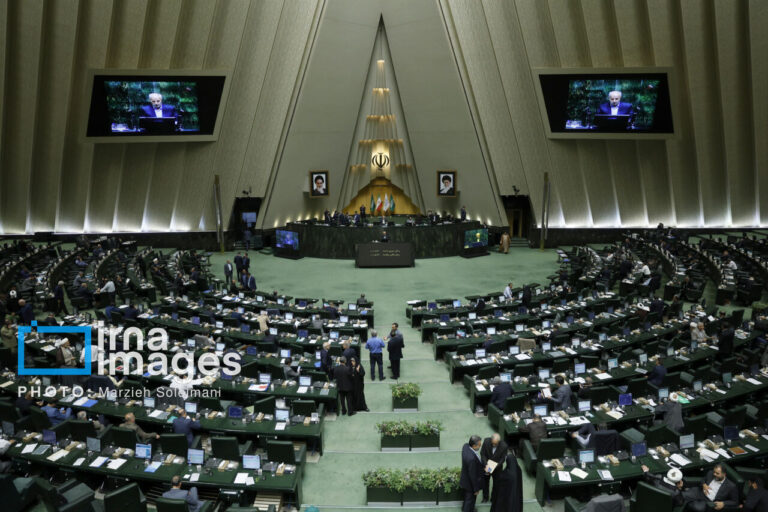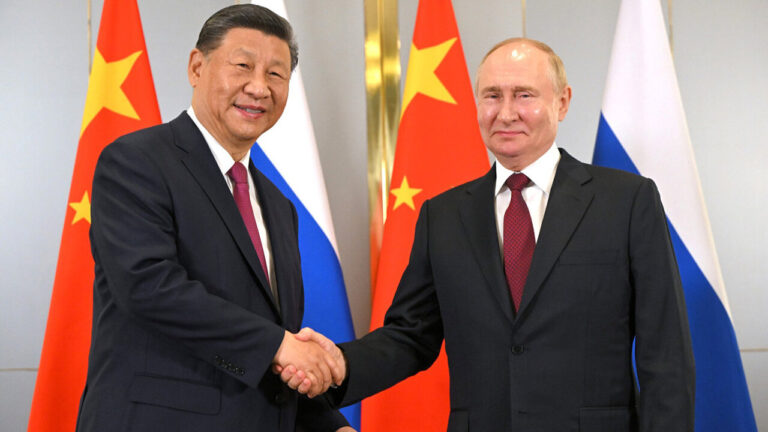Iran and Tajikistan Strengthen Security Ties with New MoU Between Interior Ministers
In a significant move towards strengthening bilateral relations, Iran’s Minister of Interior, Eskandar Momeni, and Tajikistan’s Militia Colonel General, Rahimzoda Ramazon Hamro, signed a memorandum of understanding (MoU) in Dushanbe on Tuesday. This agreement marks a continuation of the fruitful discussions held during Iranian President Masoud Pezeshkian’s visit to Tajikistan in January.
The newly signed MoU focuses on several crucial areas aimed at enhancing regional security, including:
- Combating Organized Terrorism: Both nations are committed to working together to prevent and respond to terrorist activities.
- Human Trafficking: The agreement aims to address the pressing issue of human trafficking, ensuring the protection of vulnerable populations.
- Smuggling of Nationals: The MoU outlines strategies to combat the smuggling of individuals across borders.
During the signing ceremony, Minister Momeni emphasized the importance of the agreement, stating, “It seems that with the implementation of this cooperation document, we will witness greater security in both countries.” This highlights the mutual benefits that can arise from enhancing collaboration in these critical areas.
Momeni further elaborated on the shared challenges faced by Iran and Tajikistan, noting that issues such as terrorism, narcotic drugs, and organized crime are not just national concerns but regional threats that require a unified response. He expressed optimism that these common issues could serve as a foundation for further bilateral interactions.
In addition to security concerns, the Iranian interior minister highlighted the rich cultural and historical ties that exist between Iran and Tajikistan. He remarked, “In addition to the economic and security fields, there is a very high level of cultural cooperation between the two countries.” This statement underscores the multifaceted nature of the relationship that extends beyond mere political and economic agreements.
Enhancing cultural cooperation could lead to greater understanding and connectivity between the two nations, fostering tourism and cultural exchange. Momeni noted that such initiatives could significantly contribute to strengthening the bond between Iran and Tajikistan.
As both countries work to implement the MoU, the focus will likely remain on creating a safer environment for their citizens while promoting cultural ties that celebrate their shared heritage. The collaboration is not only expected to address immediate security concerns but also pave the way for long-term partnerships that benefit both nations economically and socially.
This memorandum is a testament to the commitment of both Iran and Tajikistan to work collaboratively in the face of common challenges. By addressing critical issues such as terrorism and human trafficking, both countries are taking proactive steps towards ensuring the safety and wellbeing of their populations.
In summary, the signing of the MoU between Iran and Tajikistan represents a crucial step in fostering a cooperative relationship centered on security and cultural exchange. As both nations move forward with the implementation of this agreement, it is clear that their shared interests will continue to guide their partnership in the years to come.
Through these efforts, Iran and Tajikistan are not only enhancing their bilateral relations but also contributing to the stability and security of the broader region. The focus on cultural ties further emphasizes the importance of understanding and collaboration in building a peaceful and prosperous future for both countries.
